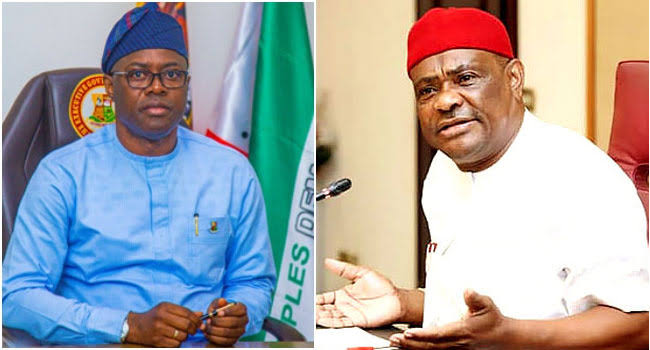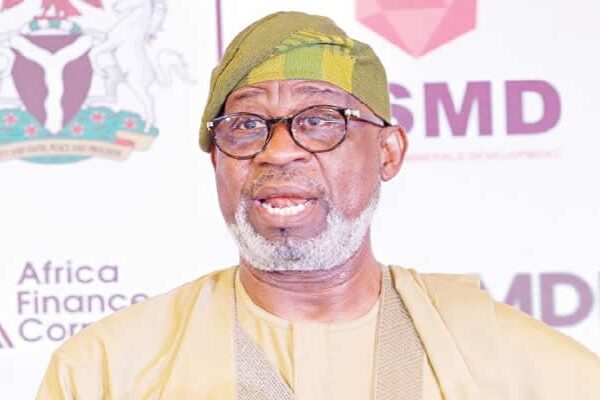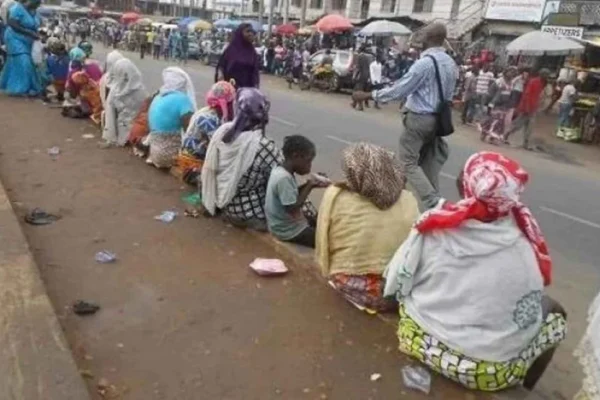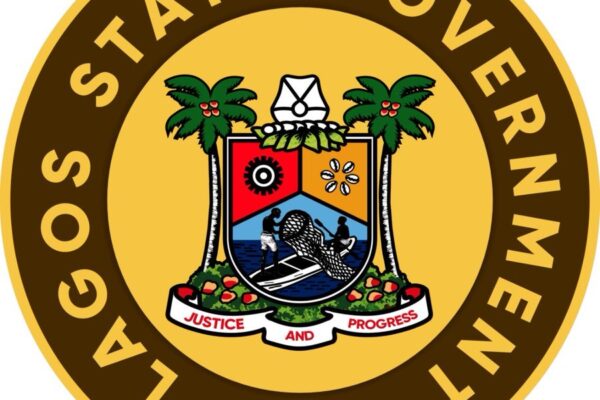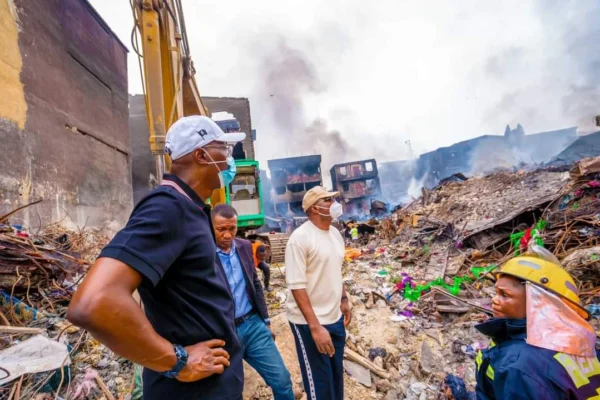
Lagos Police Warn Against Fake Bomb Scares After Ikeja Schools Threat Messages
The Lagos State Police Command has issued a strong warning to residents over the spread of false security alerts after anonymous messages sparked panic at two private secondary schools in Ikeja. The caution was given by the Commissioner of Police, Olohundare Jimoh, through a statement released by the command’s spokesperson, Superintendent of Police Abimbola Adebisi, following reports of an alleged bomb threat sent to the schools. According to the police, the Human Resources Manager and the Chief Security Officer of the affected institutions separately reported the incident at the Ikeja Divisional Police Headquarters after receiving threatening WhatsApp messages from the same unidentified phone number at about 4:00 p.m. on Wednesday. “The reports were made about 4:00 p.m. on Wednesday after they received threatening WhatsApp messages from the same unidentified phone number. “Upon receiving the reports, the Commissioner of Police, Mr Olohundare Jimoh, immediately mobilised a high-powered security team and personally led operatives to the schools for an on-the-spot assessment. “The team comprised personnel from the Explosive Ordnance Disposal, Chemical, Biological, Radiological and Nuclear (EOD-CBRN) Unit, the Rapid Response Squad (RRS), and other tactical units of the command,” Adebisi said. She disclosed that EOD-CBRN experts carried out a detailed and methodical sweep of the school premises to rule out any danger. “The operation covered classrooms, administrative offices, halls, playgrounds, and surrounding areas to rule out the presence of Improvised Explosive Devices (IEDs) or other dangerous materials. “No explosive or hazardous items were found, and the schools were subsequently declared safe for continued academic and administrative activities,” she said. Adebisi added that the police commissioner expressed displeasure over the circulation of false information and directed that investigations be intensified to track down those behind the threat messages and bring them to justice. She also revealed that joint teams of police operatives have now been permanently deployed to the schools to provide 24-hour security for students, staff and facilities. Reassuring parents, guardians and school authorities, the police spokesperson affirmed the command’s commitment to safeguarding lives and property across Lagos State. She urged members of the public to remain calm, stay alert and report any suspicious activities to nearby police stations or through the command’s emergency lines. It was gathered that immediately after the threats were received, the two schools located in Ikeja GRA sent their students home as a precaution. Parents were contacted and advised to keep their children at home over the alleged bomb scare until security agencies confirmed that the situation was under control.

